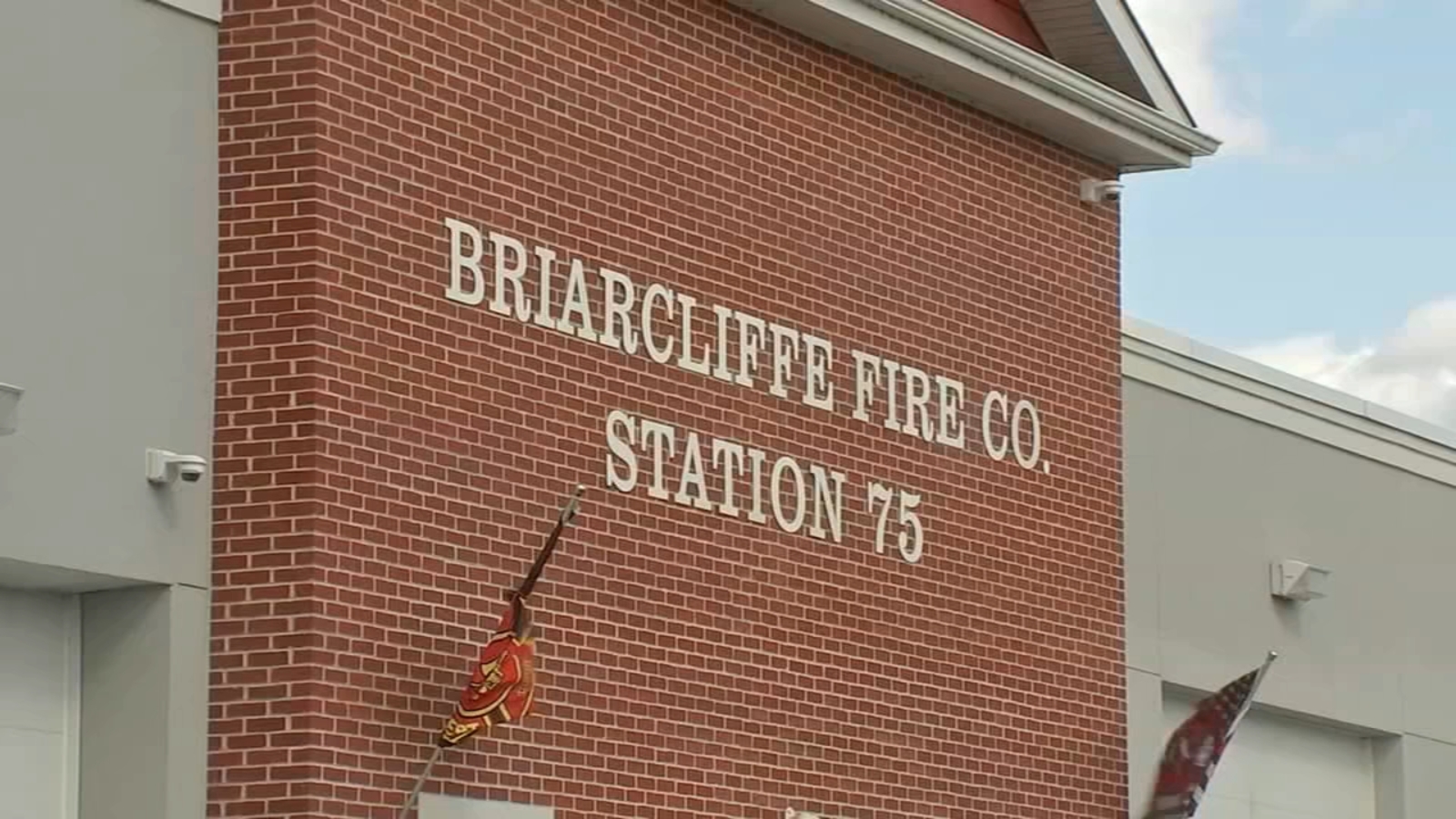FAULKNER: Briarcliffe Fire Company Was Not Racist

The Briarcliffe Fire Company in Darby Township disbanded in April following public outcry over a recording that captured members making racist remarks about Black firefighters. They were also caught allegedly mocking 8-year-old Fanta Bility, who was fatally shot by three Sharon Hill Police officers last August following a football game.
Carlton Faulkner, a third-generation firefighter, was a former lieutenant at Colwyn Borough and at Goodwill Fire Company. He was the last one to hold the position of lieutenant at Briarcliffe Fire Company. He wrote this for DVJournal.
I never experienced racism or discrimination at the Briarcliffe Fire Company and do not believe other firefighters did, either. I am a man of color, as are some others who joined the fire company.
The now-defunct company came under fire for an audio tape that supposedly included the “N-word.” However, that word was never used. Instead, some believed the word “liar” was the N-word. The term “spook” was used, but no one felt offended by it.
And as for the controversy around the word “Fanta,” there was a discussion about the tragedy in Sharon Hill, where 8-year-old Fanta Bility was killed. However, another firefighter and I thought that they were talking about Fanta soda because Fanta soda is sweet. No one mocked that child who died. Our sons, who are disabled, both like Fanta soda.
The deputy chief of the Goodwill fire company, Timothy Eichelman, released the letter accusing us of mocking the girl before the audio even came out.
The letter disparaged all the individuals who Eichelman had issues with. I believe jealousy over the township assessment that did not fund Goodwill was the reason behind all this.
Goodwill Fire Co. provided false information regarding the number of qualified firefighters they had during the assessment, and the records did not match. And stations 76 and 77 did not turn in all the requested information.
So Eichelman and Goodwill Fire Chief Paul Graf wanted to keep that information from coming out. Goodwill also wanted Briarcliffe’s building and ambulance contract.
What bothers me about this situation is that I am the first person of color to hold a line officer position. And if I felt like I was being discriminated against, I would have spoken up and called them out on it.
The company did not have to accept me. They got numerous phone calls and texts from people in other organizations saying to deny my membership because I would cause issues. The chief and the board of directors took a gamble bringing me into the company.
But they saw what I brought to the table and how devoted I was to running calls. It did not matter what type of call it was, I was on the truck. I was one of the top 10 responders.
Briarcliffe Fire Co. was my second home, my second family. The personal connection was so deep that my autistic son wanted to run fire calls at that company with the same individuals because he loved being there. My son’s dream was shattered because he only wanted to be a part of that company.
Imagine telling your 6-year-old son that being at that company won’t happen. They ask you why, and when you tell them, they start crying. That really got under my skin.
Some residents on the southern end of the township also stated that Briarcliffe never made it to fire calls in their community and they assumed it was because the south end of the township is predominantly Black.
If anyone checked any information, they would have known that the chief of station 76, Tiberius Bobo, never put Briarcliffe on the run card for anything except building fires. Also, we had an EMS contract with a hospital in that area, and they supplied the EMT and paramedics for the calls.
Now that we voted to dissolve Briarcliffe, residents in Darby Township can expect longer wait times for ALS (advanced life support) care. So if the township commissioners cared so much about the township, they would have resolved the situation without this blowing up.
A heart patient might wait nearly 30 minutes for an ALS ambulance to arrive. According to state standards, the preferred wait time is six minutes or less. That is entirely unacceptable for any emergency.
This is my statement on this matter, and I stand by it.
Please follow DVJournal on social media: Twitter@DVJournal or Facebook.com/DelawareValleyJournal



